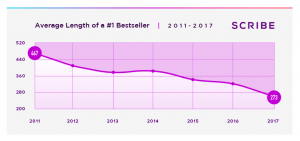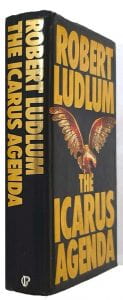When we lived in the fickle weather of Portland in the North-West of the USA we learned to layer our clothing and adapt to the changing conditions (which is why the Columbia clothing seconds store was so popular). We needed more layers as the weather headed south. The same is true for a thriller; it needs layers to gather complexity—layers that unwrap as the plot thickens. I like this analogy as gives weight to the fact that thrillers can’t be too short. If they are, the layers are thin and the reader chills too quickly. But, a multi-layered story holds their interest. Thrillers with several layers provide complexity. In my first draft of my second thriller, feedback from Beta Readers pointed out that the ending was too simple. I agreed with them and, with a tough edit and re-write, finished the book on a more powerful note. My new ending prompted some other changes, even as far back as Chapter One. So, layer up friends and look forward to a thriller that, hopefully, keeps you warm throughout.
Now that seasons have been mentioned, these play an important descriptive part of my new thriller. Here is an example taken toward the end. It also gives a strong impetus for the protagonist to want to leave dreary London and settle somewhere warmer;
Sir Donald stands, holds a match to his pipe and looks across to Hans Place Garden. I follow his gaze. The trees have shed their coats, leaving a wet carpet of brown and yellow leaves along the street and over parked cars. Another dull and soggy day in London ushers in an early night. I hate winters here and yearn to be back in the Mediterranean. [pg 339]


 Nothing counts like word counts. As a general rule, I am against generalities about word counts. But publishers and, more critically, the readers are not—they have preferences and expectations which we, as writers, would be fools to ignore!
Nothing counts like word counts. As a general rule, I am against generalities about word counts. But publishers and, more critically, the readers are not—they have preferences and expectations which we, as writers, would be fools to ignore!